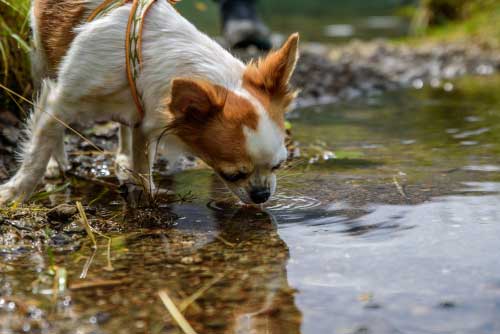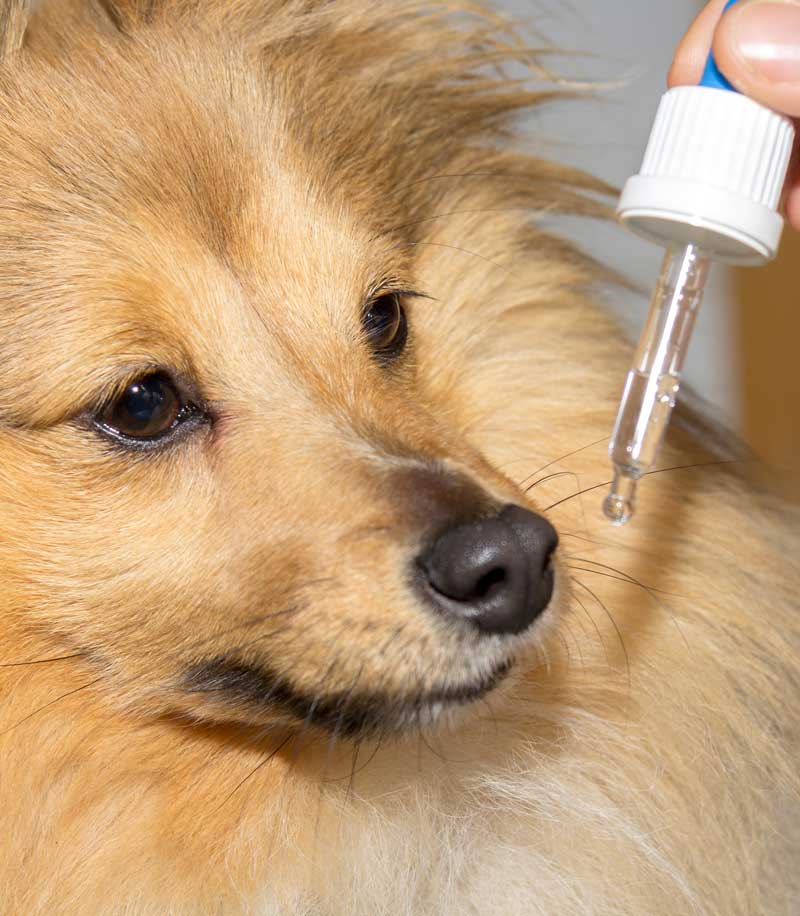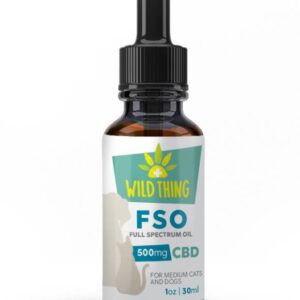Who drinks water out of a muddy puddle? Who will eat almost anything off the floor? Who is known to dig-up and chew on whatever they can get their paws on? Probably your dog. How can you ensure they’re not contracting infectious parasites & bacteria?
Giardiasis, Giardia duodenalis, or Giardia intestinalis, is caused by a common infectious parasite called Giardia. This parasite can infect your dog’s intestinal tracts and cause significant discomfort and flu-like symptoms. Dogs usually come into contact with this parasite through contaminated water, feces, food or organic material like soil.
Like many infectious parasites, Giardia inhabits your dog’s intestines and leeches nutrients and energy from its host. This can cause obvious discomfort for your dog, and the Giardia will also replicate itself and be passed through your dog’s feces. Giardia is commonly spread at dog parks, back yards, or anywhere dogs mingle and might be in the presence of other dog’s feces (such as in a kennel, shelter or groomers). It is prevalent in young canines (puppies) and dogs with weakened immune systems.
Ailment Guides:
Bad Breath In Cats
Kidney Disease In Cats
Anemia In Dogs
Canine Intestinal Conditions
Causes Of Canine Giardia
Giardia is a two-stage parasitic organism. First stage, it infects your dog’s intestinal tract (usually the small intestines) and replicates within. This can have a negative effect on your dog’s gut flora, interrupt normal enzyme function and cause irritable bowel-like symptoms. The second stage occurs when then Giardia proliferate and transform into cysts, which are passed in feces. These cysts contaminate the environment (soil, water, vegetation) and restart the cycle when they’re able to infect another host.
There are a number of infectious parasites that can be found in the your dog’s everyday environment. Standing water, contaminated soil and other dog’s feces can host parasites like Giardia, and it can be difficult for dog owners to monitor their canines when they’re outside. Although it can be near impossible to prevent your dog from coming into contact with microscopic parasites, it helps to understand the main sources for contracting this parasite:
- contaminated soil, water or feces
- close proximity to other dogs’ feces (kennels, shelters, groomers, etc.)
- licking or biting other dogs that might be carriers of the parasite
- dogs with weakened or undeveloped immune systems (senior canines, puppies)
It is important to remember that when in their cyst form, Giardia can survive the elements for extended periods of time. In cool, damp environments Giardia can survive outside the host and spread to numerous canines during its exposure.
Symptoms Of Giardia:
The first signs of an internal ailment are often found in the excrement. Diarrhea, gas and bloating are the usual symptoms of an intestinal infection, and Giardia is no different.
To determine if Giardia may be causing irregularities in your dog’s feces, look for signs of:
- increased gas or frequency of bowel movements
- bloated, painful abdomen
- decreased hunger, increasingly dehydrated
- greasy or shabby coat
- liquid, green-tinged, foamy diarrhea
- fatty, discolored deposits (cysts)
Giardiasis is not always obvious...
Although it can be evident in dogs with compromised immune systems (puppies, senior dogs, sickly canines) Giardia is not always noticeable. Similar to many stomach parasites, the infection can reside in your dog for some time before symptoms start to show. How can you know if your dog has contracted this parasite? It’s not the most flattering job, but monitoring your dog’s bowel movements and inspecting their feces for irregularities (such as the cysts) is often the primary indicator for any internal issues. If you suspect that your dog might have an intestinal infection, a visit to the Vet is the only way to be sure and initiate effective treatment.
Why CBD Can Be An Effective Treatment & Preventative For Giardia
CBD – or Cannabidiol – can be effective for reducing the symptoms of Giardia.
CBD oils and treats can assist in the prevention of infections and reduction of tumors, lessen the effects of lethargy, gastrointestinal issues and skin & coat deterioration. CBD is generally effective and it has been widely used for treatment of inflammation and soothing the gastrointestinal tract. Think of CBD as a supplement that can reduce the severity and frequency of many symptoms of Giardia.
CBD has the capacity to block pain receptors from being triggered, effectively stopping chronic pain and discomfort from taking its toll on your canine. Cannabidiol does not just block the pain however, it can also reduce swelling and inflammation.
Cannabidiol is a phytocannabinoid that has been shown to have a prominent effect on numerous ailments – including epilepsy, arthritis and cancer. Remedies containing CBD achieve this by interacting with your dog’s endocannabinoid system. Almost all animals, like people, have an endocannabinoid system; this network of neurotransmitters is integral to physiological processes like memory, mood, pain, stress and appetite.
This complex biosystem is very prevalent in dogs in comparison to other species. Canines have a high concentration of CB1 & CB2 receptors in their brainstem. CB1 receptors affect the brain, lungs, vascular system and muscles, gastrointestinal function; whereas, CB2 receptors are linked to bones, skin spleen and glial cells. In combination, CB1-CB2 collaborate in influencing the overall immune system, liver, kidneys, bone marrow, pancreas and brainstem.
CBD can help your dog by producing anti-inflammatory, anti-anxiety, antipsychotic, antispasmodic and analgesic effects indirectly – that is, CBD interacts with your dog’s ECS (Endocannabinoid System) opposite to THC which directly binds to the Cannabinoid Receptors of the body. This does two things: makes the positive remedial properties more bioavailable to your dog; and lessens or negates the psychoactive effects, such as those associated with THC ingestion.
As you can see by the wide scope of ailments that CBD effects, it is clear how introducing CBD into your dog’s routine can help to maintain a healthy gastrointestinal system.
Ailment Guides:
Blood In Dogs Urine
Blindness In Dogs
Hotspots On Dogs










